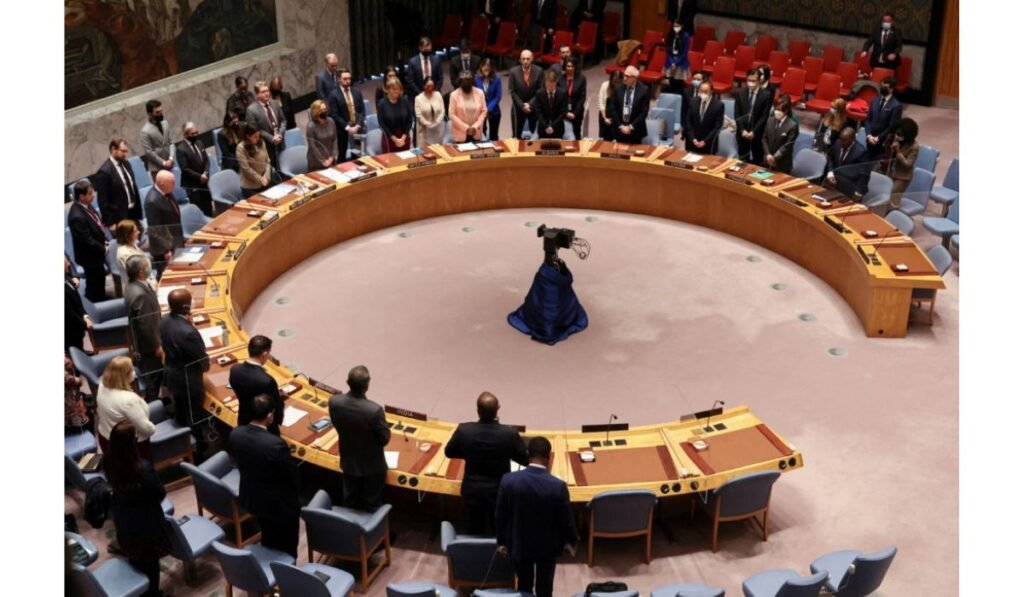The recent failure of the UN Security Council to pass the draft US resolution on a Gaza ceasefire highlights the ongoing challenges in resolving the conflict. Despite diplomatic efforts and negotiations, the Council’s inability to reach a consensus underscores the deep-rooted complexities and divisions surrounding the issue. The failure represents a setback in international efforts to address the humanitarian crisis in Gaza and bring an end to the violence plaguing the region.
The UN Security Council’s failure to pass the resolution reflects the divergent interests and perspectives among its member states. While some nations advocate for immediate action to halt the hostilities and alleviate the suffering of civilians, others prioritize geopolitical considerations and strategic alliances. This lack of unity and cooperation undermines the Council’s effectiveness in fulfilling its mandate to maintain international peace and security, leaving millions of people in Gaza vulnerable to continued violence and instability.
Moving forward, the international community must redouble its efforts to facilitate dialogue and negotiation between the conflicting parties in Gaza. Diplomatic initiatives and multilateral engagements remain crucial in finding a sustainable solution to the crisis. Moreover, the failure of the UN Security Council to pass the draft US resolution highlights the urgent need for the Council to overcome its internal divisions and work collectively. Addressing the root causes of the conflict, including the longstanding grievances of the Palestinian people, is essential to prevent further escalation of tensions in the region.
read more
image source








